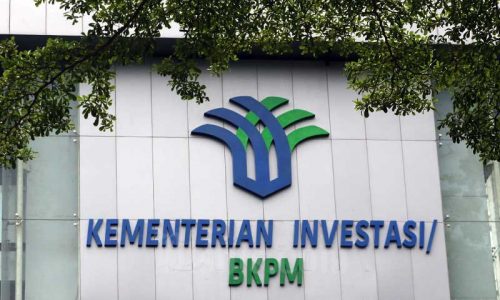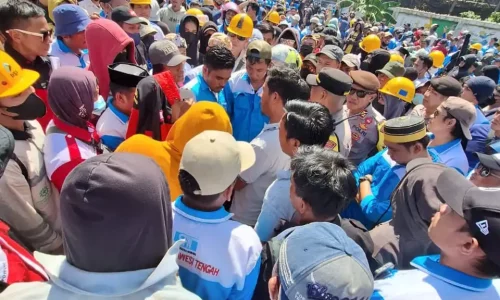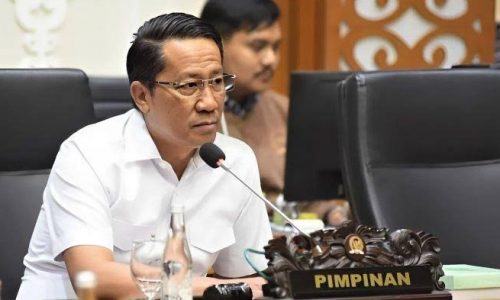The Secretariat General of the National Council for Special Economic Zones (KEK) has reported that investment in KEK has reached Rp205.2 trillion (US$12.7 billion) since its inception in May 2010 until the first half of 2024.
Acting Secretary General of the National Council for KEK, Rizal Edwin, announced that KEK has absorbed approximately 132,227 workers during this period.
“For this year, we have achieved Rp31.4 trillion out of the Rp78.1 trillion target, realizing 40 percent of this year’s target,” Rizal said in Jakarta on Monday, July 22, 2024.
In 2024, the government targets the absorption of 38,953 workers, with only 39 percent or around 15,229 workers achieved in the first half of the year.
Cumulatively, as of the first half of 2024, 22 KEKs have been inaugurated with a total of 368 business entities. Additionally, 36 new business entities have commenced operations in KEK in the first half of this year.
“We aim for the development of KEK to improve the trade balance, promote Industry 4.0, and establish new economic centers,” Rizal said.
Rizal noted that KEK is quite attractive to business entities due to various facilities provided by the government, including both fiscal and non-fiscal incentives.
“Fiscal facilities include tax exemptions, such as VAT and income tax, known as tax holidays, which vary depending on the size of the investment. These can range from 10 years, 15 years, to 20 years,” he said.
The government will provide a 10-year tax holiday for a minimum investment of Rp100 billion, a 15-year tax holiday for a minimum investment of Rp500 billion, and a 20-year tax holiday for a minimum investment of Rp1 trillion.
In addition, the government offers tax allowances and streamlined licensing processes for business entities investing in KEK.
Furthermore, Rizal highlighted the government’s efforts to simplify immigration processes to accommodate foreign workers and investments.
“The provision of these facilities aims to enhance Indonesia’s attractiveness and competitiveness in attracting foreign investment to develop special economic zones in designated areas,” he concluded.









